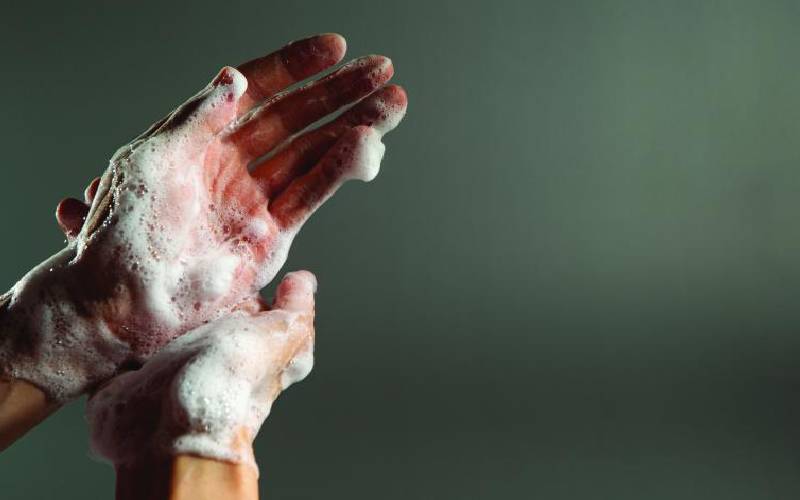×
The Standard e-Paper
Home To Bold Columnists

A steady supply of water is one weapon against the spread of the deadly coronavirus. But water is a scarce commodity in many slums in Kenya where the government should ensure the pandemic does not pitch tent there.